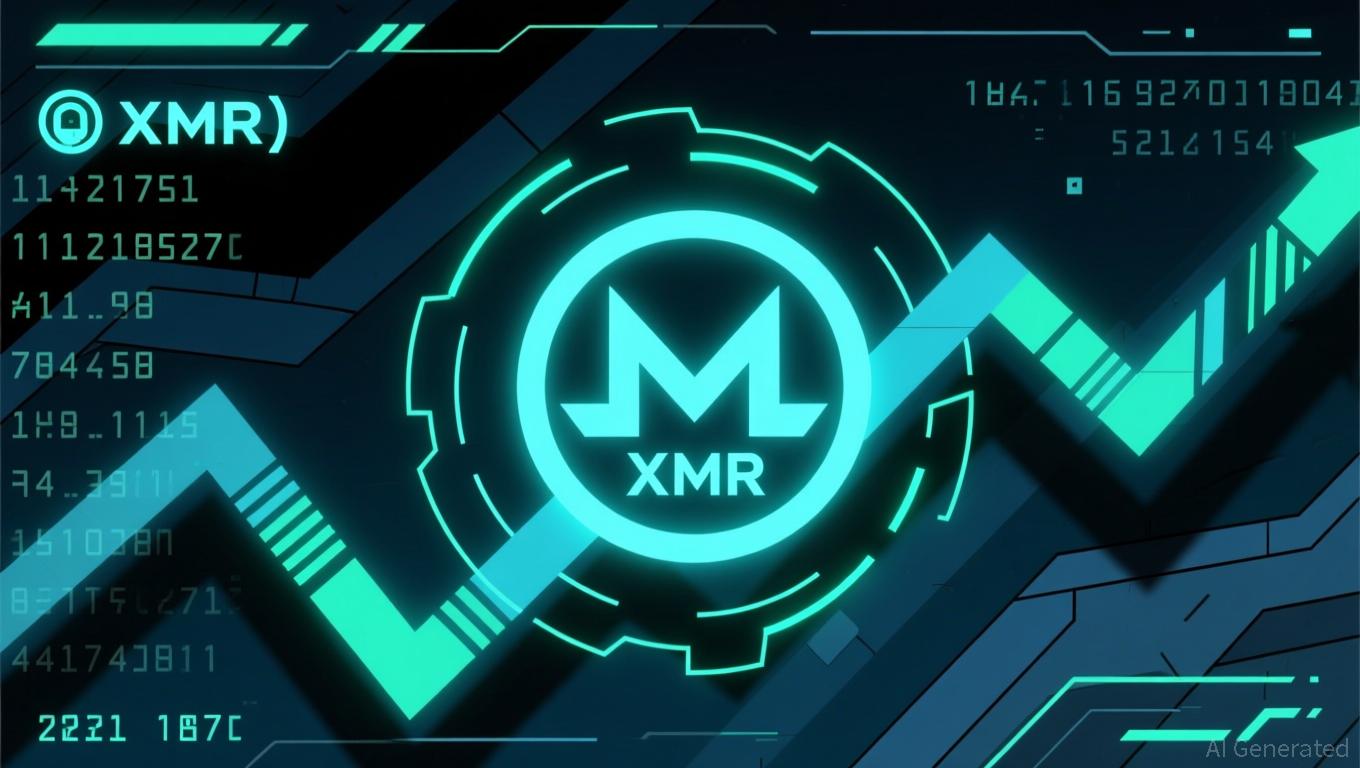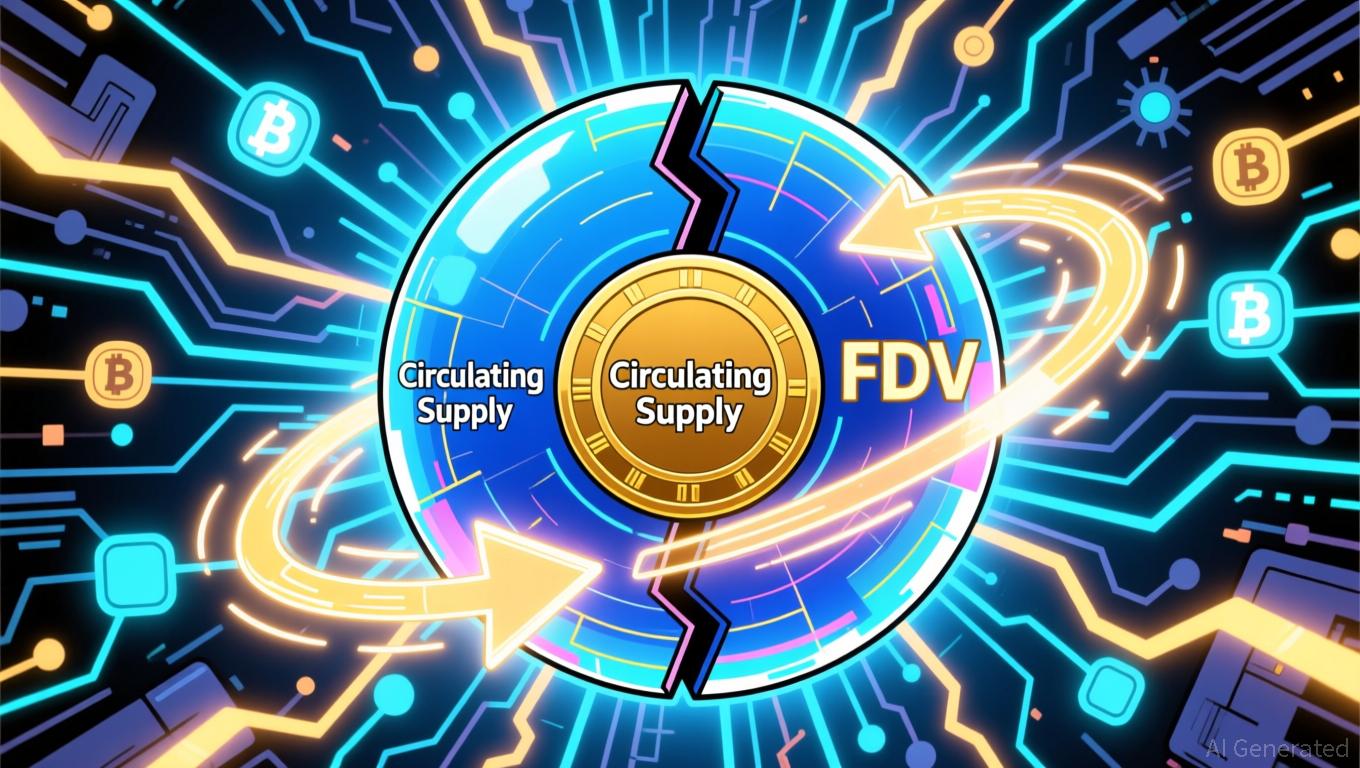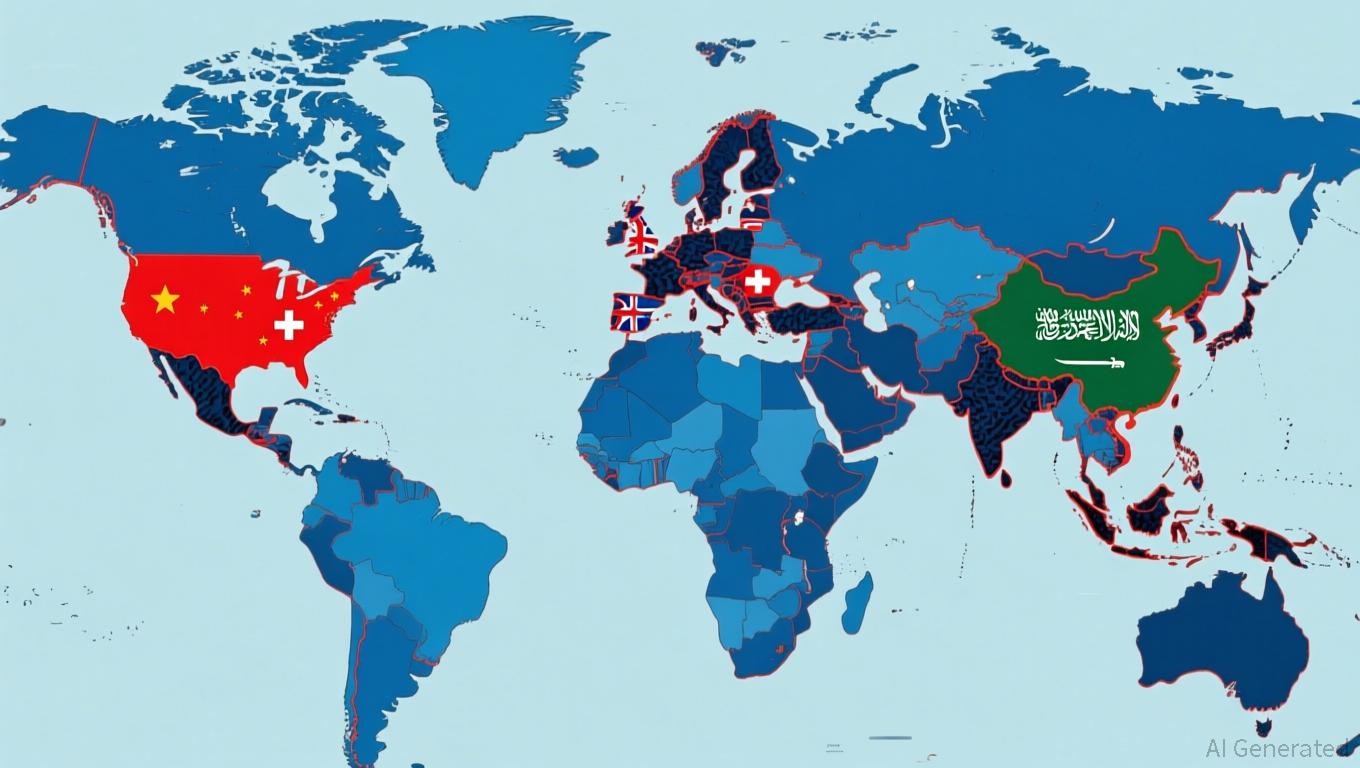ASIC's Approach to Crypto Aims for Equilibrium Amid Calls from Industry for Greater Transparency
- Australia's ASIC classified stablecoins and wrapped tokens as financial products, requiring AFSL licenses for crypto firms under new guidance. - Industry welcomed the move but criticized vague definitions, particularly around DeFi, while draft laws aim for 2026 regulatory compliance deadlines. - The framework includes $16.5M penalties for noncompliance and collaboration with AUSTRAC/APRA to avoid overlaps, targeting global crypto hub status. - With 31% crypto adoption in 2025 and $46T in stablecoin trans
Australia’s financial watchdog has released long-anticipated guidelines for crypto assets, designating stablecoins and wrapped tokens as financial products under current regulations. Industry representatives have generally welcomed the update but are urging for more precise definitions, according to
The revised regulations provide industry-wide “no-action relief” until June 30, 2026, giving companies time to adapt to the licensing rules, as highlighted by TradingView. ASIC also indicated it would allow experienced crypto professionals to serve as responsible managers under AFSL requirements and is offering temporary relief to firms actively pursuing authorization, according to Yahoo’s analysis. However, the regulator did not define “true DeFi,” leaving licensing decisions to depend on each party’s function within decentralized systems, Yahoo further reported.

Most industry participants have responded positively, with OKX Australia CEO Kate Cooper stating the move signals crypto’s growing role in mainstream finance, as reported by Coinpedia. Liam Hennessy, a partner at Thomson Geer, commended the approach for steering clear of both strict European-style rules and the fragmented U.S. model, also according to Coinpedia. Nonetheless, there are ongoing concerns about ambiguous definitions in the proposed legislation. Caroline Bowler, former CEO of BTC Markets, pointed out significant shortcomings, saying, “Structure must come with clarity,” a sentiment Coinpedia captured. The consultation period for the draft rules ended on October 24, and the final regulations are expected by March 2026, Coinpedia noted.
ASIC’s updated guidance also covers stablecoins and tokenized securities, which now fall under Chapter 5C of the Corporations Act, requiring strong custody, risk management, and disclosure standards, as Yahoo reported. The regulator stressed the importance of working with agencies such as AUSTRAC and APRA to prevent overlapping oversight, Yahoo added. Noncompliance could result in penalties of up to A$16.5 million or 10% of annual revenue, highlighting the government’s focus on enforcement, Coinpedia reported.
This regulatory initiative comes as
The proposed regulations and guidance are intended to establish Australia as a leading center for crypto, aiming to balance innovation with consumer safeguards. As the industry develops, clear rules around DeFi, stablecoins, and enforcement will be essential for maintaining confidence and supporting growth.
Disclaimer: The content of this article solely reflects the author's opinion and does not represent the platform in any capacity. This article is not intended to serve as a reference for making investment decisions.
You may also like
Monero’s reputation for privacy faces challenges from modular competitors and evolving regulations
- Monero (XMR) nears $400 as privacy-focused crypto gains traction amid evolving market demands for modular solutions. - Emerging rivals like Solana's GhostwareOS and Zcash challenge Monero's dominance with interoperable privacy features. - Regulatory pressures, including South Korea's expanded AML rules, heighten scrutiny on privacy coins despite their anti-surveillance design. - Analysts highlight Monero's "extreme privacy" legacy but note growing adoption of integrated privacy tools in active blockchain

As Crypto Markets Fluctuate, BI DeFi's Eco-Friendly Cloud Approach Draws Growing Attention from Institutions
- BI DeFi launches a blockchain-powered cloud computing platform combining renewable energy and advanced security to stabilize crypto market risks. - XRP's $180M inflow highlights growing institutional interest in digital assets despite broader market volatility and billions in sector outflows. - The platform's green energy data centers and automated yield settlements address ESG priorities while reducing blockchain's carbon footprint. - User-friendly features like $17 introductory contracts and $50K affil

FDV's Dilemma: Assessing Opportunity While Concealing Risk
- FDV (Fully Diluted Valuation) has become a 2025 key metric for evaluating crypto projects' long-term risks and scalability, especially for new layer-1 blockchains like Monad and Apertum. - Monad's $3.9B FDV despite 12% unlocked supply highlights "low float, high FDV" dynamics, while Apertum's 1.05x FDV-to-market cap ratio signals minimal dilution risk. - Critics note FDV's limitations, including price volatility assumptions and irrelevance for uncapped supply projects like Ethereum , requiring contextual

Switzerland Delays Crypto Information Exchange Pending International Coordination
- Switzerland delays crypto tax data sharing with foreign nations until 2027, citing unresolved CARF partner agreements. - The OECD's 2022 framework requires member states to exchange crypto account details, but 75 countries including the EU and UK face implementation challenges. - Transitional measures ease compliance burdens for Swiss crypto firms while awaiting finalized international data-sharing protocols. - Major economies like the U.S., China, and Saudi Arabia remain outside CARF due to non-complian
